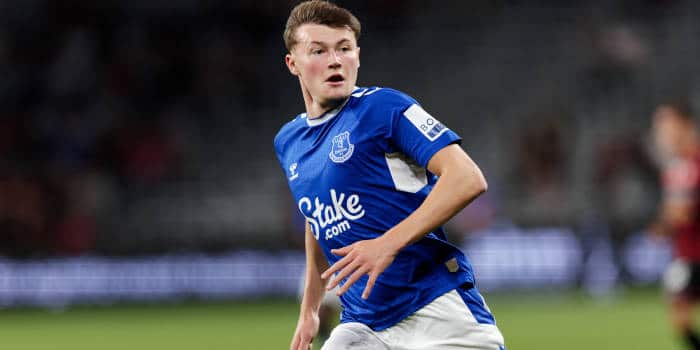
A new study conducted by Investigate Europe shows that betting companies have a strong influence on European soccer, with about two-thirds of top teams having financial connections to the gambling sector. This research points out how much soccer now depends on money from betting amid increased concerns about gambling addiction and governments trying to limit these partnerships.
Two-Thirds of EU & UK Top-Flight Clubs Partner with Gambling Firms
A study of the 31 top leagues in the EU and UK discovered that 296 of 442 teams have struck at least one deal with a betting company. In addition, one-third of these clubs show gambling brands on the front of their team shirt, while betting or lottery firms back almost half of the leagues as their main sponsors.
Every club in the Premier League and the Dutch Eredivisie has secured a deal with a betting operator. This pattern is not limited to Western Europe, as teams in Hungary, Romania, and Bulgaria also display betting logos.
Some clubs have found ways around national restrictions by pushing subsidiaries or different brand names of gambling companies. In Belgium, teams have moved from showing betting operators’ names to advertising related news and entertainment platforms that still have links to gambling. Italian clubs have done something similar, teaming up with brands that hint at gambling without mentioning it while keeping their connections to the industry.
Additionally, people are worried about clubs working with betting companies that do not have proper licenses in their countries. AC Milan and Estonia’s Nõmme Kalju have made deals with firms that work without approval in their own countries. Many other clubs have sponsors that are betting brands blacklisted in various parts of Europe.
Financial Struggles Push Soccer Teams Toward Controversial Gambling Sponsorships
Even though more people know about gambling’s potential dangers, funding problems still push clubs to take these profitable sponsorships. Industry experts say many soccer teams trying to stay in business focus on getting deals instead of checking their sponsors’ backgrounds. As club owners want more money and teams lose cash, clubs do not have many other choices.
The Premier League has said yes to a voluntary ban on gambling logos on the front of shirts starting in 2026, but other ads, like those on sleeves and in stadiums, will stay. Studies show that gambling ads during game broadcasts have gone up a lot, with tens of thousands of betting-related ads reaching people on TV, social media, and in stadiums every weekend.
People who criticize gambling sponsorships say they make betting seem normal to young fans and make addiction more likely. Groups that speak up for people and fan organizations compare this to past bans on tobacco and alcohol ads. They ask why gambling should be different.
Some countries have started to take action. The Netherlands, for example, has changed its mind about allowing gambling sponsorships from 2021. They plan to stop them by the middle of 2025. On the other hand, Germany has said no to a total ban. They point out that these sponsorship deals bring money to sports organizations.
While arguments about rules carry on, soccer’s dependence on betting money stays a hot topic. Clubs claim these partnerships are crucial to staying afloat, but worries about the effects on supporters and the wider community are getting stronger.



